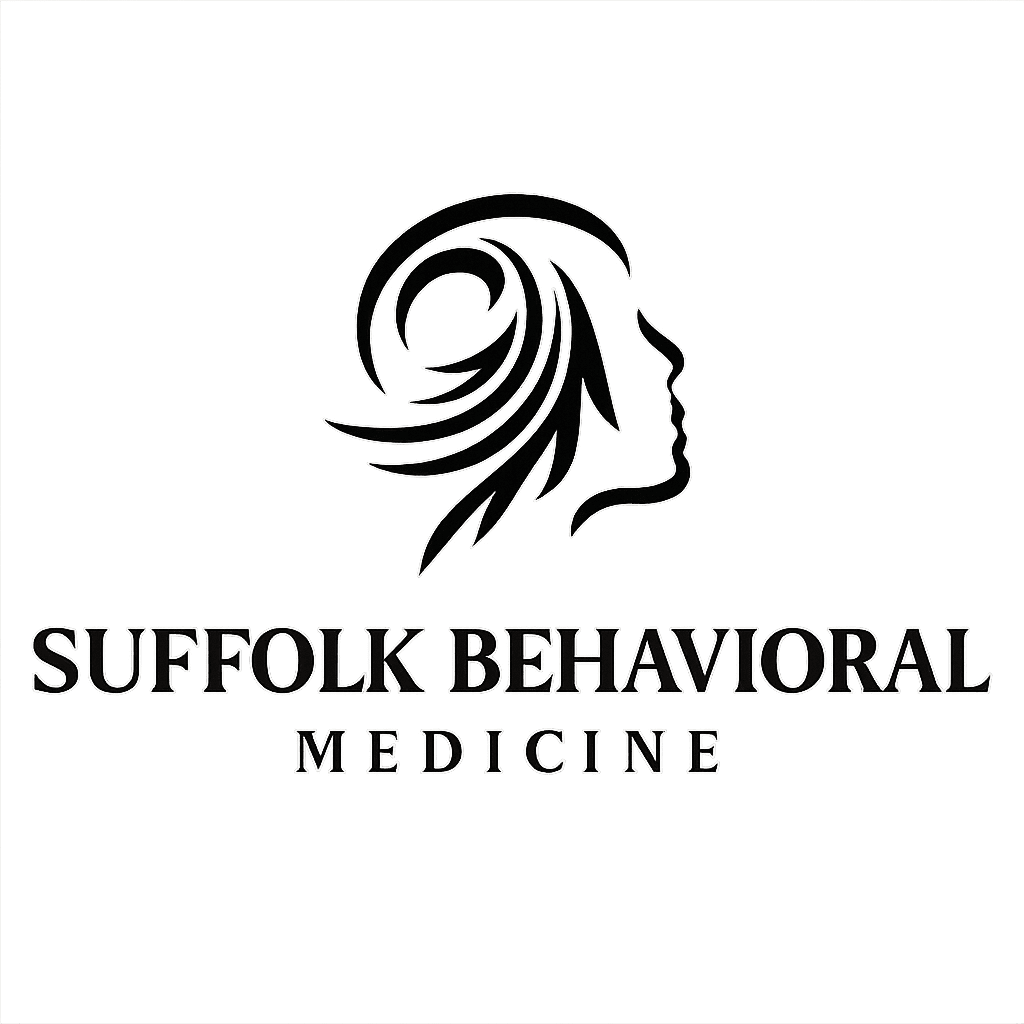Psychiatric and Behavioral Treatments for Various Psychiatric Disorders
Psychiatric Services
Patient comfort is our priority. We provide a non-judgmental, relaxed, and welcoming environment to support your healing journey.
Your initial consultation includes a comprehensive psychiatric evaluation, where we review your symptoms, personal and treatment history, and any previous diagnoses. This process involves both conversation and the use of psychiatric rating scales.
After the evaluation, we’ll create a personalized treatment plan and walk you through it step-by-step—so you fully understand your care and treatment options.
Conditions We Treat
-
TMS Therapy for Medication-Resistant Depression
-
Complex Psychopharmacology
-
ADHD / ADD
-
OCD and OCD Spectrum Conditions
-
Mood Disorders
-
Opioid Addiction (Suboxone Induction & Maintenance)
Psychiatric Rating Scales
How Rating Scales Work
Just as cardiologists use EKGs to measure heart activity, psychiatrists use rating scales to evaluate mental health. These tools help convert subjective symptoms—like anxiety or depression—into measurable data.
Patients are typically asked to rate how they feel using a numerical scale. The most common type is the self-rating scale, which is especially helpful for conditions like anxiety and depression.
For disorders like dementia or delirium, where insight or verbal ability may be limited, other forms of clinical evaluation may be used instead.
How Does TMS Work?
Transcranial Magnetic Stimulation (TMS) is a non-invasive outpatient treatment that uses focused magnetic pulses to stimulate areas of the brain involved in mood regulation. These pulses reach just a few centimeters into the brain and generate tiny electrical currents that help activate underactive neurons. This stimulation is believed to help reset mood circuits and support the brain’s natural ability to regulate mood.
Patients remain awake and alert during each session. TMS is not painful, and because it does not involve medication, it avoids common side effects like weight gain or fatigue. The treatment is FDA-approved and has been safely used in research and clinical practice for decades.
What is NeuroStar TMS Therapy®?
NeuroStar TMS Therapy® is a specific TMS system we offer in our clinic, designed for adults with treatment resistant Major Depressive Disorder.
NeuroStar is:
-
Non-invasive: No surgery, sedation, or anesthesia required
-
Non-systemic: Nothing circulates in your bloodstream—no daily pills
-
Well-tolerated: Minimal side effects, no downtime
Treatment is done right in our office. A typical course includes 5 sessions per week over 4 to 6 weeks, with each session lasting around 37 minutes. You can return to your normal activities immediately after.
Who Is TMS Therapy For?
TMS Therapy is designed for adults struggling with Major Depressive Disorder (MDD) who have not experienced relief from traditional treatments like antidepressant medications or talk therapy.
You may be a good candidate for TMS if:
-
You’ve tried multiple antidepressants without lasting improvement
-
You’ve experienced intolerable side effects from medications
-
You prefer a non-drug, non-invasive approach to treating depression
-
You are not currently in a psychiatric crisis (such as active suicidal intent or severe mania)
If you’re unsure whether TMS is right for you, our team can provide a personalized assessment to help determine if you’re a candidate.
Frequently Asked Questions (FAQs)
Is NeuroStar TMS Therapy® a good alternative for patients who can’t tolerate antidepressant side effects?
Yes. NeuroStar TMS Therapy® is non-systemic, meaning it does not circulate through the body. As a result, it does not cause common medication side effects like weight gain, sexual dysfunction, nausea, dry mouth, or drowsiness.
The most common side effects are mild to moderate headaches or scalp discomfort, usually improving after the first week of treatment.
Does TMS Therapy cause memory loss or affect concentration?
No. Clinical trials have shown that NeuroStar TMS Therapy does not cause memory loss or negatively impact concentration. In fact, it was carefully tested to confirm safety in these areas
Is NeuroStar TMS Therapy the same as electroconvulsive therapy (ECT)?
No. While both treat depression, they are very different procedures.
Suboxone Therapy for Opioid Dependence
Suboxone® is a prescription medication approved for the treatment of opioid dependence in an outpatient setting.
Unlike full opioids, buprenorphine has a ceiling effect—its effects plateau after a certain dose—reducing the risk of misuse, overdose, and physical dependence.
Phases of Suboxone Maintenance Therapy
-
Induction Phase
This initial phase begins once a person has stopped opioid use for 12–24 hours and is experiencing withdrawal. The first Suboxone dose is typically given in a medical setting under supervision.
-
Stabilization Phase
During this phase, the patient has significantly reduced or stopped opioid use. Cravings and withdrawal symptoms are under control.
-
Maintenance Phase
The patient continues a steady, prescribed dose of Suboxone with ongoing support and monitoring. This phase may last months or longer, depending on the individual’s progress.
Why Suboxone?
-
Reduces cravings and withdrawal symptoms
-
Lower potential for abuse compared to full opioids
-
Helps support long-term recovery
-
Can be prescribed in a regular outpatient setting—no hospital stay required
Understanding Opioid Dependence
Opioid dependence is a chronic condition marked by the inability to stop using opioids despite harmful consequences. Opioids trigger powerful euphoric effects and are highly addictive. Over time, dependence can lead to:
-
Liver damage
-
Mood disorders such as depression
-
Impaired memory and cognition
-
Increased risk of overdose
Despite its prevalence, over 75% of individuals with opioid addiction go untreated. Suboxone Therapy offers an effective, evidence-based path toward recovery—without the need for inpatient rehab.
